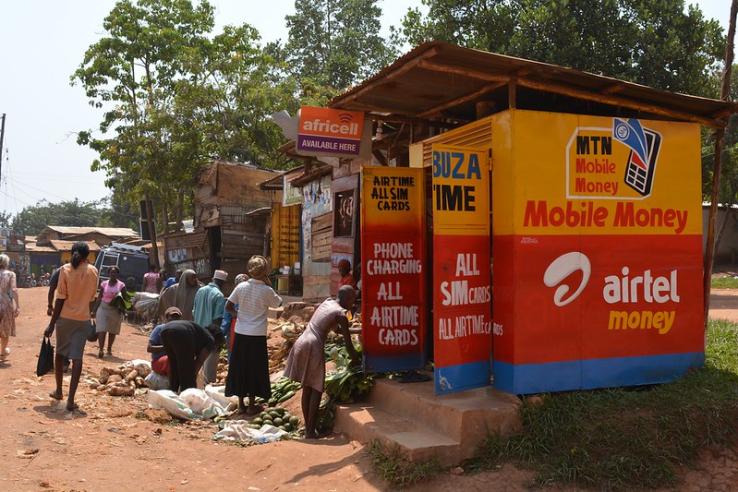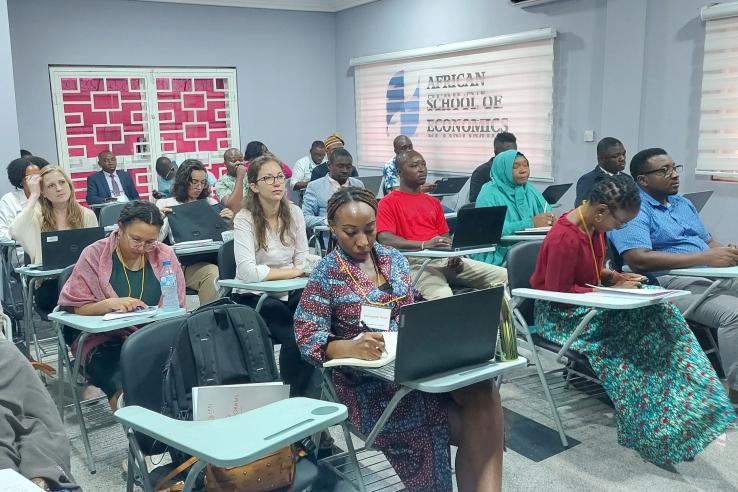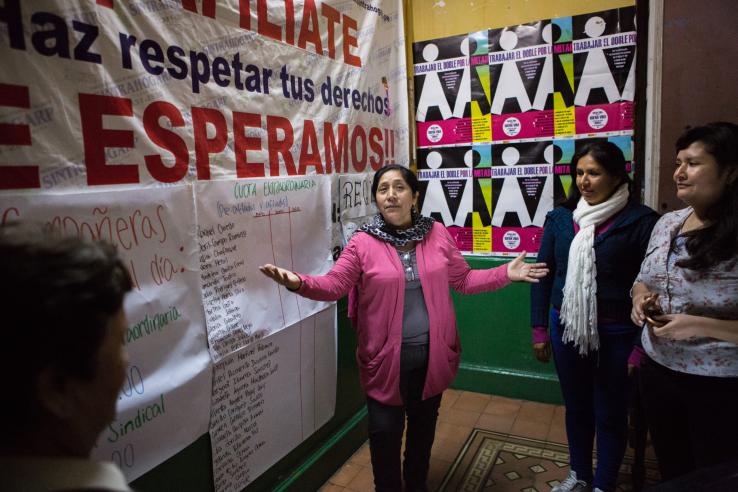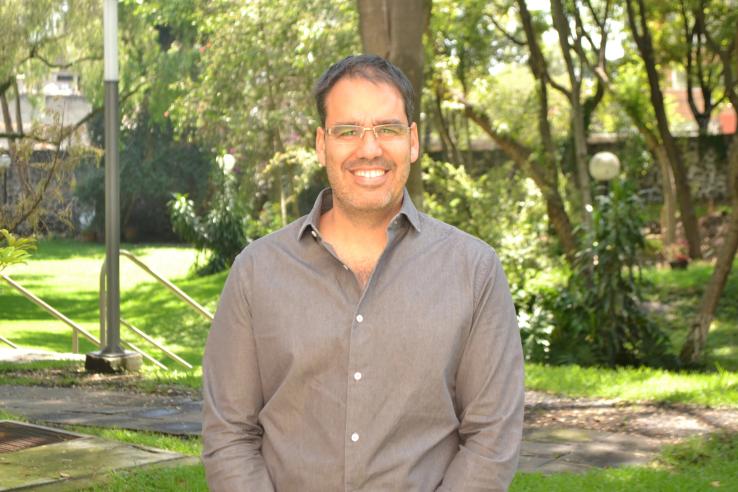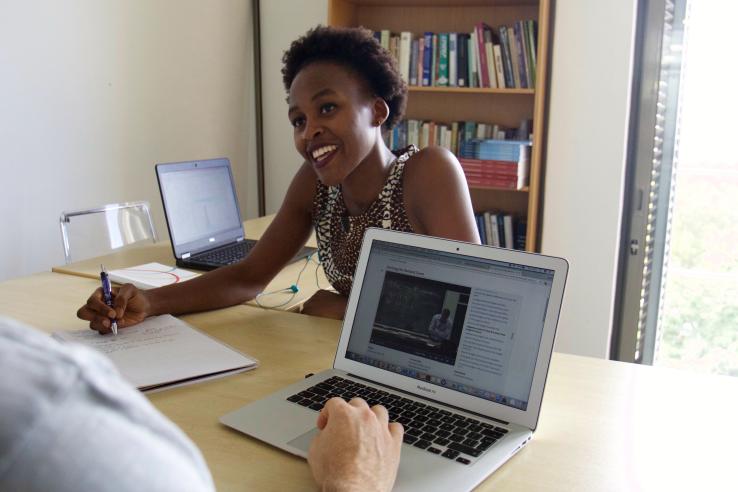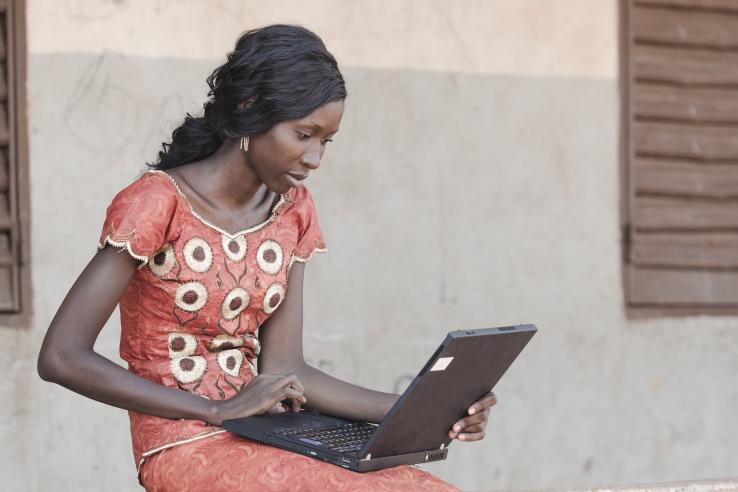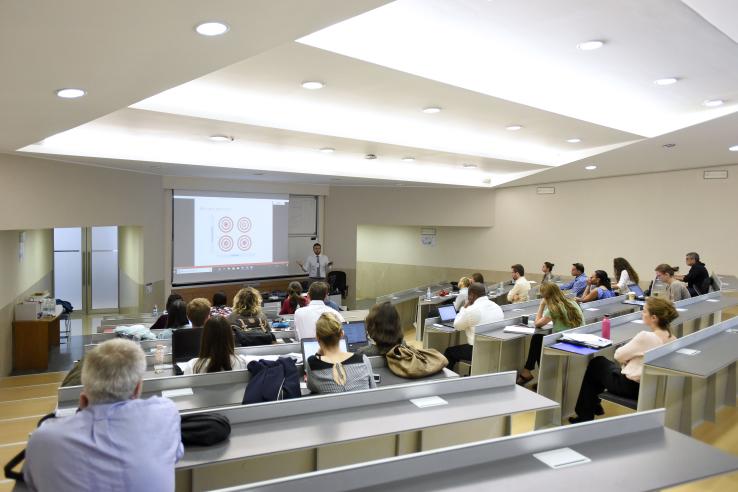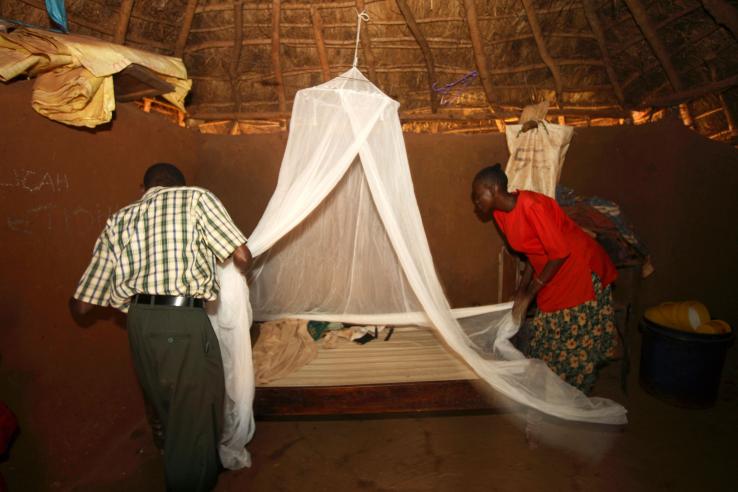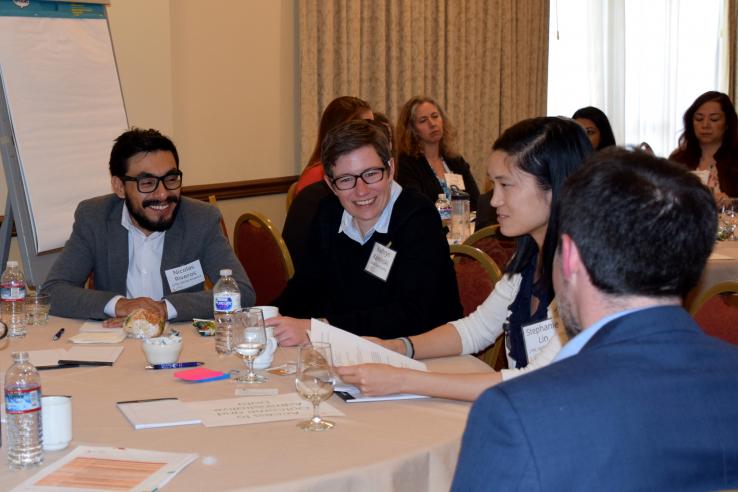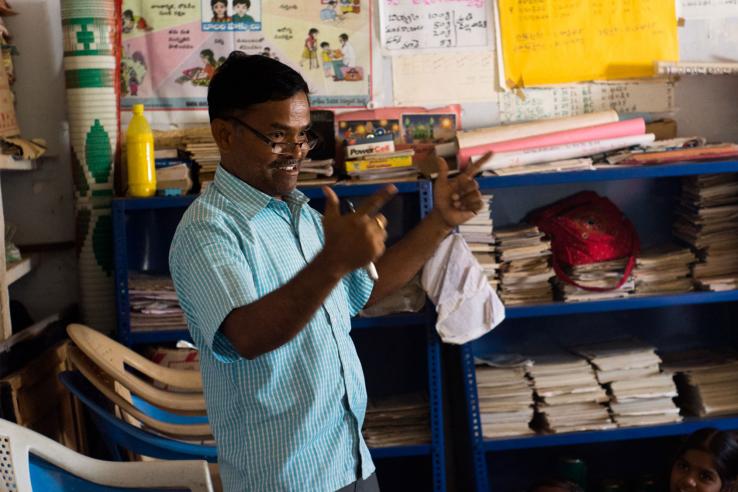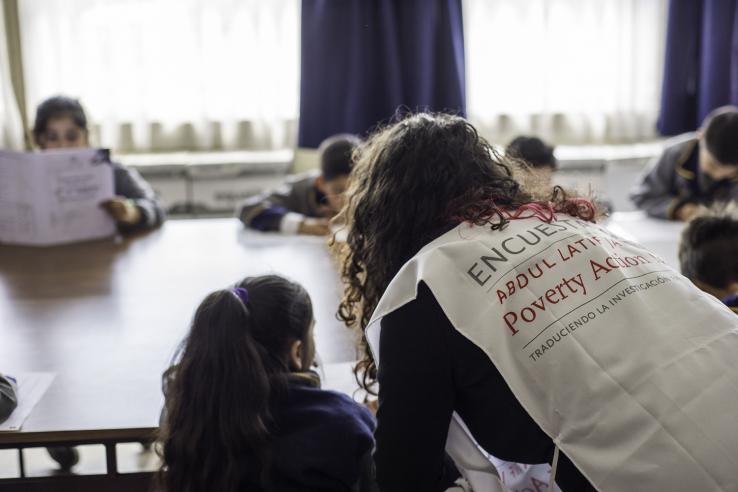Displaying 2716 - 2730 of 8473
Blog
Between 2008 and 2010, poverty in Kenya was reduced by two percent due to better access to mobile money services. To better understand the potential pathways and scale of potential impact, we summarise the findings on the expansion of digital payments, such as mobile money, in sub-Saharan Africa...
Event
J-PAL Africa is holding a webinar series for African students who would like to pursue graduate study in Economics, Public Policy or related fields in North America or Europe. The webinars are for those who intend to apply in the next few months as well as those who do not intend to apply...
Blog
One of J-PAL Latin America and the Caribbean’s priorities is to advance rigorous evidence on effective approaches to improving gender equality in our region. As we approach the end of 2022, we reflect on lessons learned and emerging priorities.
Blog
Enrique Seira is a professor of economics at Michigan State University and founder of Qué Funciona para el Desarollo. He utilizes his research on courts, democracy, corruption, and credit markets to help steer the policy space in Mexico toward more rigorous evidence use.
Blog
The past five years have been a remarkable journey indeed! The program, jointly led by J-PAL and MITx, has welcomed more than 50,000 learners from 214 countries and territories, with our courses amassing nearly half a million enrollments overall. We have awarded over 8,000 course certificates, and...
Blog
As we reflect on the five-year anniversary of the DEDP MicroMasters, we also look to the future. In the next five years, we will focus on diversity, equity, and inclusion in expanding our body of learners, supporting our existing learners so they have the right resources to have a successful journey...
Policy insight
While vocational and skills training programs have had mixed results, those that included practical experience, soft-skills training, and job referrals often increased the likelihood of being employed and earnings of people who were targeted. Vocational training programs often helped trainees...
Person
Resource
Basic page
Event
L’EquipEx Innovations, données et expérimentation en éducation (IDEE) lançons un séminaire de recherche pluridisciplinaire visant à réunir la communauté des chercheurs intéressés par les méthodes expérimentales et leurs enjeux, et à leur fournir un espace d’échange. Le premier séminaire portera sur...
Event
Although coverage rates and health outcomes are improving, many poor people around the world still do not benefit from essential health products. Join Pascaline Dupas live today at 11am via webinar or in person on MIT's campus to learn about how the design of subsidies matter for maximizing coverage...
Event
Join us on Thursday, 7 December, for a Monitoring and Mentoring webinar as part of the Teaching at the Right Level (TaRL) Webinar Series. Devyani Pershad from Pratham will discuss the role of monitors and mentors in TaRL programs. Benjamin Piper from RTI will share research on teacher coaching and...
